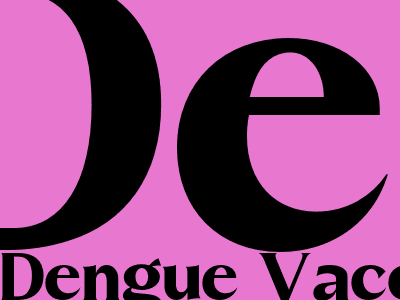Dengue Vaccine: A Comprehensive Guide for Prevention and Treatment
Introduction
Dengue is a mosquito-borne viral infection that can cause a wide range of symptoms, from mild fever to severe, life-threatening illness. The dengue vaccine is an important tool for preventing dengue infection and its complications.
Types of Dengue Vaccines
There are currently two main types of dengue vaccines available:
- Live attenuated vaccines: These vaccines contain a weakened form of the dengue virus. They are effective in preventing all four serotypes of dengue virus.
- Inactivated vaccines: These vaccines contain inactivated dengue virus particles. They are effective in preventing the most common serotypes of dengue virus.
Who Should Get the Dengue Vaccine?
The dengue vaccine is recommended for people who live in or travel to areas where dengue is common. The vaccine is especially important for people who are at high risk of developing severe dengue infection, such as:
- People who have a weakened immune system
- People who have chronic medical conditions
- People who are pregnant
- People who are elderly
How the Dengue Vaccine Works
The dengue vaccine works by stimulating the body's immune system to produce antibodies against the dengue virus. These antibodies can then protect the body from infection with dengue virus.
Effectiveness of the Dengue Vaccine
The dengue vaccine is highly effective in preventing dengue infection. Studies have shown that the vaccine can reduce the risk of dengue infection by up to 90%. The vaccine is also effective in preventing severe dengue infection and its complications.
Side Effects of the Dengue Vaccine
The dengue vaccine is generally safe and well-tolerated. The most common side effects include:
- Pain at the injection site
- Fever
- Headache
- Muscle aches
Conclusion
The dengue vaccine is an important tool for preventing dengue infection and its complications. The vaccine is safe and effective, and it is recommended for people who live in or travel to areas where dengue is common.

Komentar